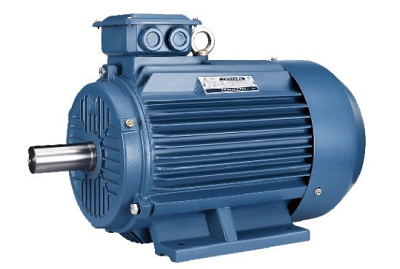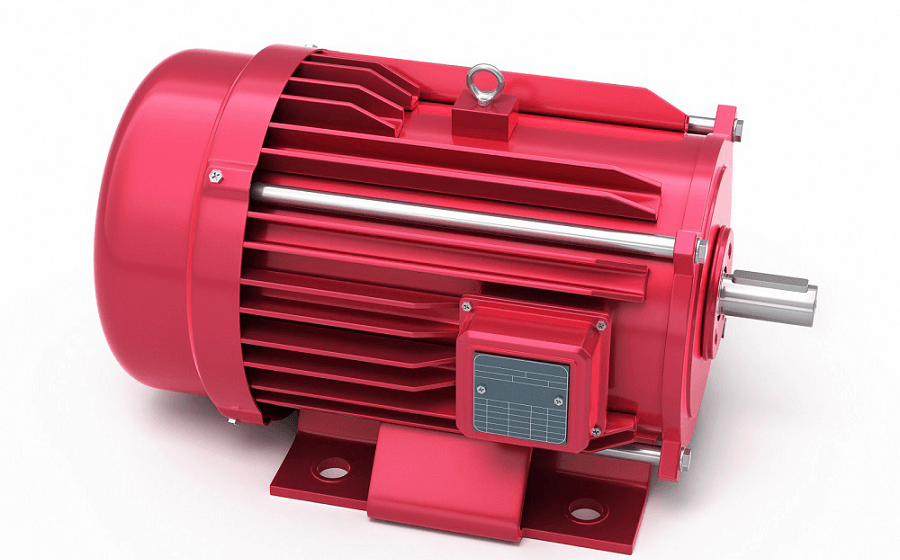Introduction: The Power Behind Every Engine – Alternator
In today’s world of advanced automotive and industrial technology, power generation is more crucial than ever. At the heart of every vehicle and heavy machinery lies an essential component—the alternator. Without it, your car battery would quickly drain, and your electrical systems would cease to function. The alternator is more than just a power supplier; it is the lifeline of modern electrical systems, ensuring efficiency, reliability, and sustainability. But what makes a modern alternator superior to traditional power solutions? Let’s explore its key advantages.
Unmatched Power Generation and Efficiency
One of the most significant advantages of a modern alternator is its ability to deliver consistent, high-efficiency power. Unlike older dynamo-based systems, which rely on direct current (DC), a modern alternator generates alternating current (AC), which is then converted to DC to charge the battery and power vehicle electronics.
Why Efficiency Matters:
High-output performance, ensuring steady energy supply to all components
Reduced energy loss, leading to improved fuel economy
Faster battery charging, extending battery lifespan
With cutting-edge technology, the latest alternator models are designed to maximize energy conversion, reducing the overall strain on the engine and improving vehicle efficiency.
Durability and Longevity: Built to Last
An alternator must withstand extreme temperatures, vibrations, and continuous operation. Thanks to advanced materials and engineering, modern alternators offer exceptional durability.
Key Durability Benefits:
Heavy-duty construction for extended lifespan
Corrosion-resistant coatings to prevent damage
Precision-engineered bearings and brushes for smoother operation
Investing in a high-quality alternator means fewer breakdowns, reduced maintenance costs, and reliable performance over years of use.
Smart Charging Systems for Maximum Performance
Technology has transformed the way a modern alternator functions. Smart charging technology ensures that energy output is dynamically adjusted based on the electrical load, improving overall performance and efficiency.
Features of Smart Charging:
Adaptive power regulation to meet varying energy demands
Voltage stability control, preventing overcharging and undercharging
Optimized fuel consumption, reducing engine load
This means a smart alternator not only improves performance but also prolongs the life of other electrical components in your vehicle or machinery.

Compact, Lightweight Design for Versatility
Gone are the days when an alternator was a bulky, heavy component. Today’s models are designed with compactness and weight reduction in mind without sacrificing performance.
Why Size Matters:
Lighter alternators reduce overall vehicle weight, enhancing fuel efficiency
Compact designs allow for easier installation in tight engine bays
Greater compatibility with modern vehicles and industrial equipment
These features make a modern alternator ideal for a wide range of applications, from passenger vehicles to commercial trucks and construction machinery.
Enhanced Heat Dissipation for Improved Reliability
A major challenge for any electrical component is heat buildup, which can lead to failure over time. Modern alternators are engineered with superior heat management systems, ensuring consistent performance even under extreme conditions.
Cooling Innovations Include:
High-efficiency cooling fans to dissipate heat rapidly
Heat-resistant internal components, reducing wear and tear
Optimized airflow design, preventing overheating
With these advancements, a high-performance alternator ensures reliability, even in demanding environments.
Fuel Efficiency and Environmental Impact
Today’s world demands energy-efficient and eco-friendly solutions. A modern alternator contributes to sustainability by minimizing engine strain and fuel consumption.
Eco-Friendly Advantages:
Reduces fuel consumption by optimizing energy use
Lower CO2 emissions, making vehicles more environmentally friendly
Supports hybrid and electric vehicle technology
With increasing environmental regulations, upgrading to an efficient alternator is a smart choice for both businesses and individual vehicle owners.
Versatility: A Solution for Every Industry
A modern alternator is not limited to cars—it plays a crucial role in various industries, powering heavy machinery, marine vessels, motorcycles, and emergency backup systems.
Industries That Rely on Alternators:
Automotive – Powers vehicle electrical systems and charging systems
Construction – Supports heavy-duty machinery with reliable power
Marine – Provides stable energy for boats and ships
Agriculture – Essential for farming equipment and generators
Regardless of the application, a high-performance alternator is a must-have for uninterrupted operation.
Conclusion: The Future of Power is in the Alternator
As technology advances, the alternator continues to evolve, becoming more powerful, efficient, and reliable. Whether you are a vehicle owner, a business operator, or an industry professional, investing in a modern alternator ensures uninterrupted power, longer-lasting performance, and lower operational costs.
In a world where power reliability is non-negotiable, choosing the right alternator makes all the difference. Upgrade today and experience the future of power generation!





